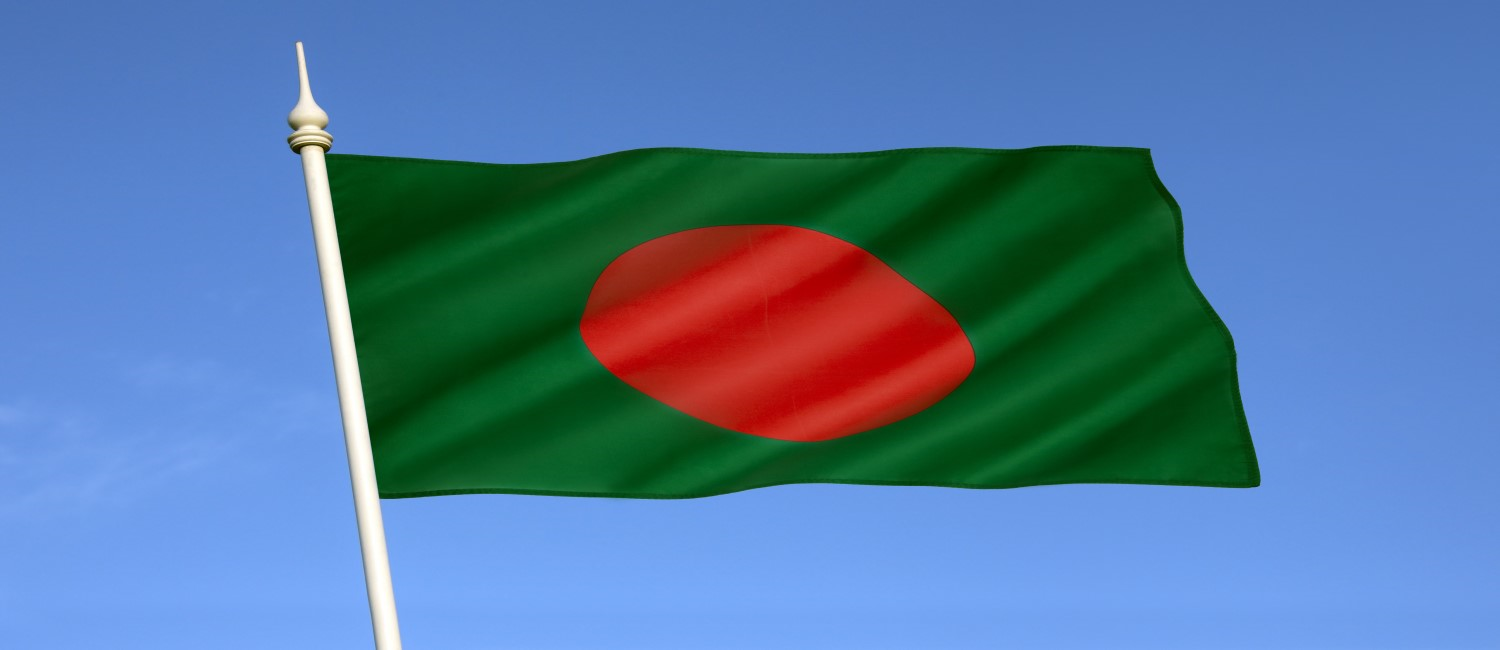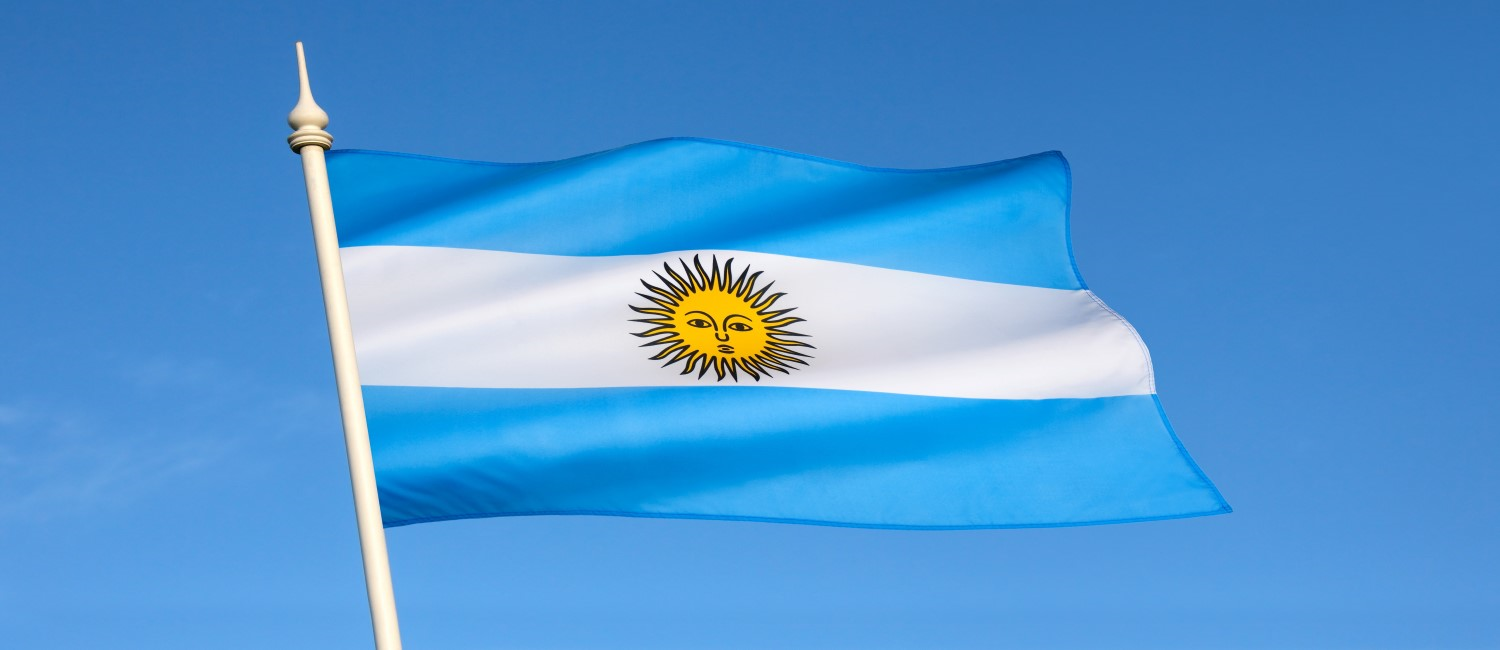Argentina faces significant challenges related to anti-money laundering (AML) efforts, with issues ranging from money laundering associated with narcotics trafficking to public corruption. Corruption remains a major concern for illegal funding, encompassing both domestic and foreign sources, including proceeds from Venezuela. Notably, the Tri-Border Area (TBA), shared by Argentina, Brazil, and Paraguay, serves as a major entry point for a range of illicit activities, including trade-based money laundering (TBML), counterfeiting, drug trafficking, and more. Additionally, some money laundering enterprises in the TBA are suspected to have ties to Hizballah, which was designated as a terrorist group in a presidential decree published in 2019.
International Engagement
Argentina actively participates in international initiatives to combat money laundering. It is a member of the Financial Action Task Force (FATF) and the "Grupo de Acción Financiera de Sudamérica" (GAFISUD), a FATF-style regional body dedicated to implementing the 40+9 Recommendations and conducting mutual evaluations of AML and counter-terrorist financing systems among its member nations.
Key AML Legislation
The cornerstone of Argentina's AML efforts is Anti-Money Laundering Law No. 25,246, which was enacted in April 2000. This legislation defines money laundering as the process of concealing or intensifying the proceeds of a crime after it has been committed. The key provisions of this law include:
- Amendments to the Penal Code: Money laundering is included in Chapter XIII of the Penal Code, making it a criminal offense to:
- Assist individuals in evading investigation or avoiding legal action.
- Help offenders hide, alter, or destroy evidence of a crime.
- Receive or conceal the proceeds of a crime, whether in the form of money, property, or other assets.
- Fail to report a crime or provide information about a previously reported incident.
- Protect or assist perpetrators in securing the profits of a crime.
- Establishment of the Financial Information Unit (UIF): A functionally independent UIF was established within the Ministry of Justice and Human Rights of the Nation (Section 5).
- Stringent Regulatory Framework: The law imposes a rigorous regulatory framework on the financial industry, requiring individuals and entities to report suspicious activities to the UIF (Section 20).
Obligations of Financial Organizations and Businesses
All financial institutions under the supervision of the Central Bank, the Securities and Exchange Commission (Comisión Nacional de Valores, CNV), and the National Insurance Superintendence (Superintendencia de Seguros de la Nación, SSN) are legally obligated to:
- Identify customers.
- Maintain records of transactions.
- Report suspicious activities to the UIF.
- Adhere to confidentiality requirements when reporting.
- Forward cases to the Attorney General's Office if further investigation is warranted.
Key Points to Note
- Money laundering can only be committed by those who assist criminals after the fact in concealing the source of funds.
- A money laundering transaction or a sequence of related transactions must exceed 50,000 pesos (approximately USD 16,000). Transactions below this threshold are considered concealment, a lesser offense.
Expanded Reporting Obligations
Since the enactment of the AML law, the UIF has issued several resolutions to expand the list of organizations required to report suspicious transactions. These include tax authorities, Customs, banks, currency exchange houses, casinos, securities dealers, insurance companies, postal money transmitters, consultants, public notaries, and businesses dealing in art, vintage items, and valuable gems.
Regulatory Authorities
Argentina has made significant strides in strengthening its AML and counter-terrorist financing regimes. Key regulatory authorities and bodies include:
- Financial Information Unit (UIF): Responsible for receiving and analyzing reports of suspicious activities.
- Argentine Central Bank (BCRA): Plays a crucial role in supervising the financial sector and ensuring AML/CFT compliance.
- The BCRA established the "Comité de Control y Prevención de Lavado de Dinero y Financiamiento del Terrorismo (AML/CFT Committee)," which centralizes evaluations and objectives related to AML/CFT.
- The BCRA regulates AML and CFT responsibilities for commercial entities, including customer identification, recordkeeping, reporting of suspicious transactions, and the development of internal policies and processes.
- Internal control mechanisms, compliance officers, independent testing, personnel development, and risk assessment are key components of AML/CFT compliance.
Progress and International Recognition
Argentina has made significant progress in strengthening its AML and counter-terrorist financing capabilities. The nation was formally removed from the FATF's follow-up procedure, initiated in 2004, to address deficiencies in Argentina's AML and CFT systems. This





